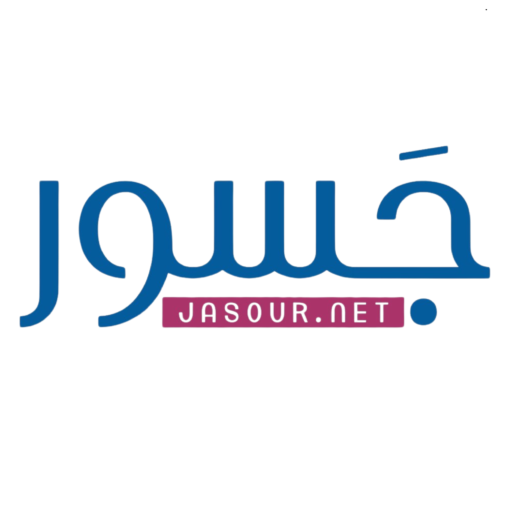Ramallah: Jasour – News Desk
The Center for Democracy and Workers’ Rights held a policy dialogue workshop on “Challenges Related to Mobility and Accessibility Facing Women and Special Needs Individuals, Affecting Their Economic Participation and Education, and Possible Solutions” in Al-Bireh. The workshop was held in partnership with the National Rehabilitation Association and the National Coalition “My Right” as part of the “Partners for Fairness, Partners for Change” project, supported by the European Union.
Karen Metz, Program Director at the Center for Democracy and Workers’ Rights, stated during the workshop that the occupation’s measures have increased the difficulty of accessing places. However, there are other issues and difficulties related to mobility and accessibility, such as the absence of public transportation in Palestine, the lack of adaptation of public vehicles to meet the needs of special needs individuals, and the lack of infrastructure adaptation to their needs. These factors limit women’s and special needs individuals’ access to education, vocational training, and the labor market.
Media activist Lubna Al-Ashqar, who moderated the workshop, pointed out that there are 4,500 cases of limb amputations in Gaza due to the war, indicating that the number of special needs individuals is increasing. Additionally, there are 111,000 injured individuals, some of whom require treatment, necessitating government intervention.
Maysar Waqad, Executive Director of the Women’s Association of Ein Sultan Camp, stated that the lack of public transportation and adapted public vehicles prevents many women from going to work. When taxi services are available, the fare is high, negatively impacting women’s work and income, especially since the majority of women earn a low wage close to the minimum wage of 1,880 shekels per month.
Abeer Hamad, Rehabilitation Programs Officer at Jabal An-Najma Center, highlighted five exclusionary forces for special needs individuals: first, legislation, procedures, systems, and programs in the country that do not align with international conventions for special needs individuals; second, the prevailing negative societal culture towards special needs individuals; third, external environment and physical infrastructure; fourth, economic power and capabilities; and fifth, information technology and the weakness of special needs individuals in using it.
Ather Al-Barghouthi, a representative of the Ministry of Transport and Communications, mentioned that the Ministry has added signs and guidance boards on sidewalks and areas adjacent to roads, allocated special parking spaces for special needs individuals in the Ministry and its affiliated facilities, and is working to reduce negative attitudes in the transport and communications sector and raise awareness.






